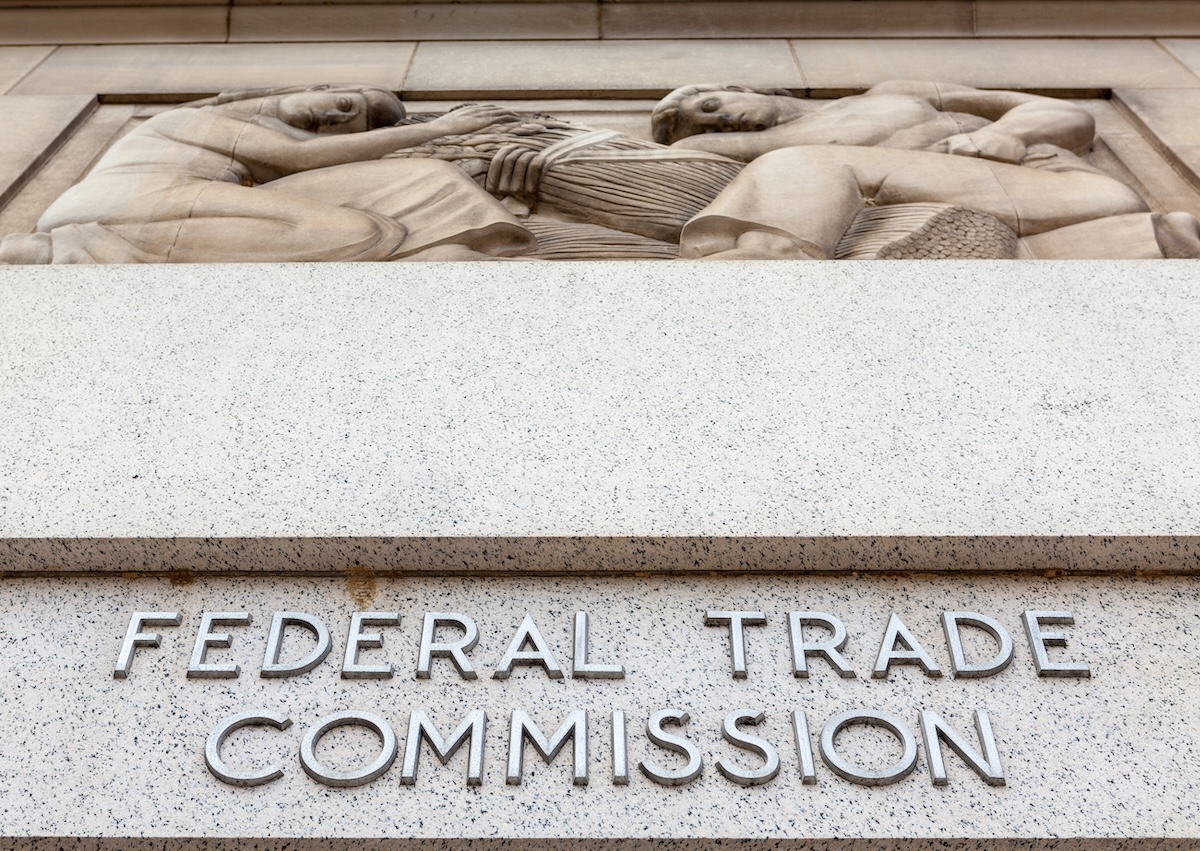FTC Cracks Down On Fake Student Loan Companies


Federal regulators have stepped in to shut down one of the largest student loan scams in recent memory. In May 2025, the Federal Trade Commission announced that several companies and individuals have been permanently banned from the debt relief industry.
The entities, including Florida-based Start Connecting LLC and Colombia-based Start Connecting SAS (doing business as USA Student Debt Relief), were accused of misleading thousands of student loan borrowers with illegal promises of forgiveness and fixed payments.
The operators falsely claimed to working with the U.S. Department of Education and made use of fake reviews. Borrowers were lured with promises of permanent relief from high loan balances. In reality, the companies collected millions in illegal advance fees and sent large sums to overseas call centers, leaving borrowers with nothing but additional stress and confusion.
The FTC recovered over $1 million in personal and business assets from the companies’ operators and imposed a suspended judgment of $7.3 million. If the parties are found to have lied about their finances, the full amount will be due.
The case serves as a reminder that as the student loan chaos continues, student loan scams will rise.
The FTC’s enforcement action cited several forms of misconduct. In complaints filed in U.S. District Court, regulators said that the defendants:
These operations often relied on confusion around potentially changing student loan repayment rules. They exploited the changing terminology, program names, and loan forgiveness options to appear legitimate. But instead of helping borrowers, the companies simply pocketed advance fees and failed to enroll anyone in actual federal repayment plans.
Remember, if you see anything called Trump Loan Forgiveness Options or Biden Loan Forgiveness Options… it should be a red flag.
In one of the more egregious scams, borrowers were told their monthly payments were going directly toward their student loans. But the money was never applied to any loan balance. Instead, it was routed through a network of shell businesses and transferred abroad.
The settlement terms now prohibit the named individuals from working in any debt relief business in the future, charging advance fees, or making any deceptive claims about their affiliations or services.
The crackdown comes at a time when federal student loan payments are resuming after years of pauses and court challenges. Confusion around eligibility, payment timelines, and policy changes has created the perfect environment for scam operators to thrive.
Federal officials are urging borrowers to be cautious. If someone contacts you out of the blue claiming they can eliminate your loan or reduce your payments for a fee, it’s likely a scam. The Department of Education and its official loan servicers do not charge fees to apply for forgiveness or to consolidate loans.
Furthermore, if you see social media posts from what can best be described as random individuals, moms, or other folks saying how a serviced helped them, and to DM them for more – run away or report them. The Department of Education and loan servicers won’t DM you via social media. And real news organizations reporting on students don’t operate that way.
Borrowers can visit StudentAid.gov for free and official help. They can also report suspicious activity to the FTC at ReportFraud.ftc.gov.
Here are some red flags to avoid:
Finally, your official loan servicer will be found at [loanservicername].studentaid.gov. For example, MOHELA is at mohela.studentaid.gov – notice the official dot gov web address.
Your loan servicer’s website will also have the “Official Servicer of Federal Student Aid” next to their logo:
Scammers thrive when student loan policies shift, there’s potential changes on the horizon, and public communication lags. This is especially true for recent college graduates and borrowers with little experience navigating federal systems.
As repayment programs continue to evolve, such as the proposed changes under the RAP plan, it’s likely that more fraud attempts will follow.
Don’t Miss These Other Stories:

Student loans often follow borrowers for years, sometimes decades. Even people who fully understand how much they borrowed can feel...

It was a busy week for RIA aggregators. There were a few large moves, including $235 billion multi-family office Cresset...

Blog Posts Archives UnfavoriteFavorite February 27, 2026 Weave: The Social Fabric Project Subscribe to Weave’s Newsletter This story was originally...